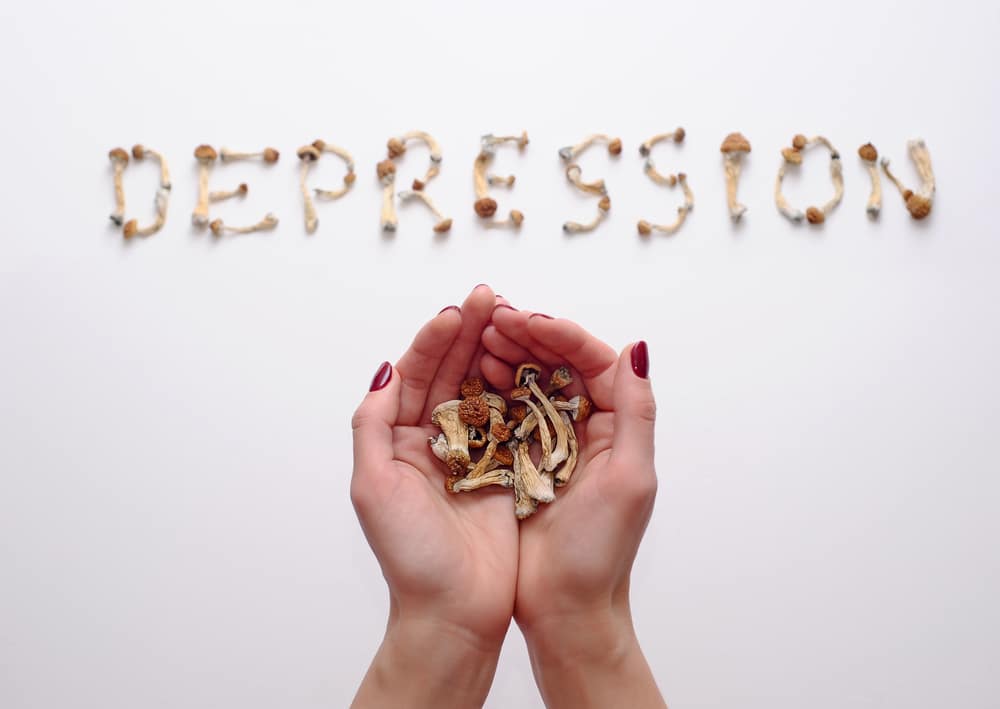Psilocybin, although known since ancient times, today is again gaining notoriety as a medicinal and recreational agent. In many countries, psilocybin remains illegal, but it continues to arouse the interest of the scientific community.
Can microdosing magic truffles be a natural cure for depression? Discover the therapeutic potential of psilocybin and the latest research on microdosing. Embark on a fascinating journey through the world of alternative therapies!
Therapeutic potential of psilocybin
The therapeutic potential of psilocybin, an alkaloid found in magic truffles, is of increasing interest to researchers and those seeking alternative forms of therapy. Psilocybin acts in the central nervous system showing a strong influence on human perception, cognitive processes and mood. Studies suggest that appropriately controlled doses of psilocybin may have therapeutic potential to treat depression, anxiety, or post-traumatic stress. This substance works mainly by stimulating serotonin receptors in the brain, which can help improve mood and reduce symptoms of depression. Although this topic is still controversial due to its psychoactive nature, more and more people are opening up to the possibility of using microdosing as a natural method to support traditional pharmacological therapies. There are many reports of the positive effects of microdosing with psilocybin – from improved mood and concentration, to greater resistance to stress and increased creativity.
What is microdosing?
Microdosing involves taking small amounts of psilocybin at certain intervals (microdosing protocol) to improve overall functioning. The microdose should be small enough not to cause any perceptual changes.
Research on microdosing and its effects on depression
Research on microdosing and its effects on depression has made fascinating discoveries. Scientists around the world are increasingly interested in this issue, exploring the potential benefits for people suffering from mood disorders. Although this topic is still controversial and requires further research, the results of the experiments so far are encouraging. It has been repeatedly shown that the action of psilocybin reduces the activity of brain centers that are responsible for feeling the negative sides of one’s own personality and environment. Studies conducted among people with terminal cancer who had a strong fear of death and who were given psilocybin confirmed its positive effect and may suggest the ability of psilocybin to cause lasting personality changes. In the US, psilocybin has achieved breakthrough therapy status in the treatment of depression.
Own risk
The data collected so far suggest huge possibilities for the use of psilocybin in the treatment of depression. However, due to the” criminal past ” it has not yet been sufficiently investigated.
Small doses of psilocybin do not cause drastic changes in consciousness, but this does not mean that they will affect everyone equally. From the point of view of depression therapy, it is very important to determine how psilocybin will work in the long run. However, we still have to wait for these studies.
Microdoses as an antidepressant
Microdosing psilocybin brings many benefits if the practice has been carefully planned. It is indicated that it helps in the treatment of depression, including its drug-resistant form. This amount improves mood, concentration and creativity.
Microdosing is a promising practice for people looking for alternative ways to improve their health, but it requires some knowledge and an informed approach to the matter.
If you are interested in microdosing, remember that as with any medication, caution and common sense should be exercised.
